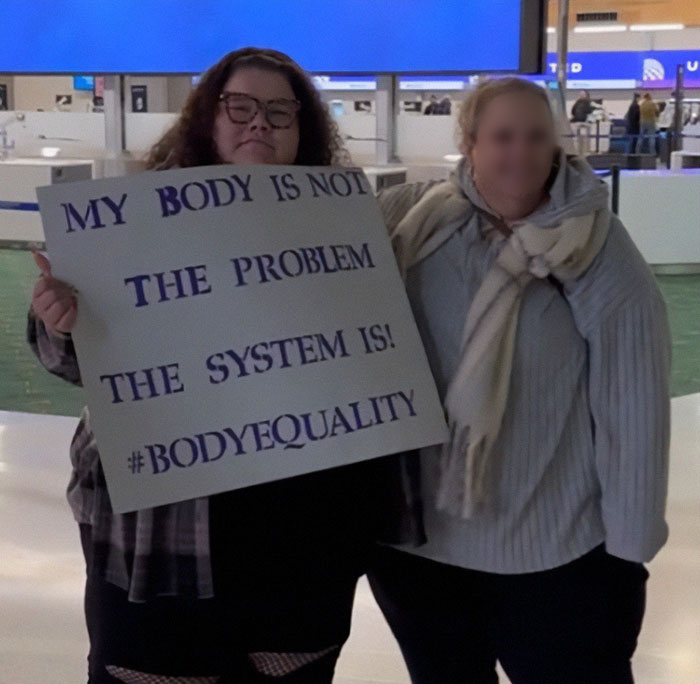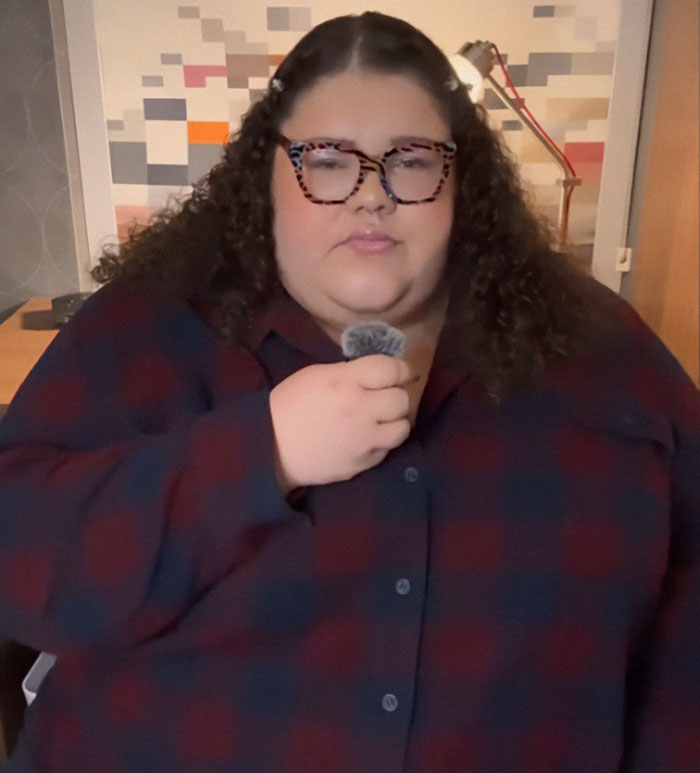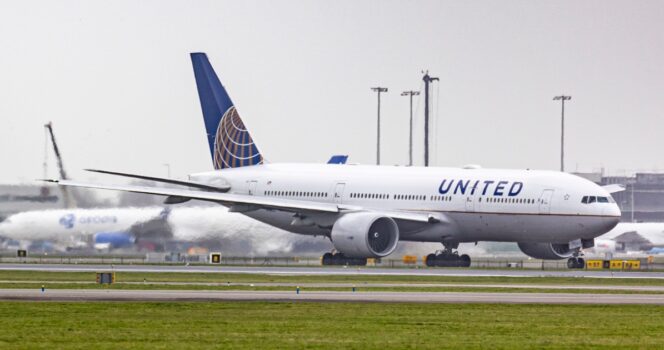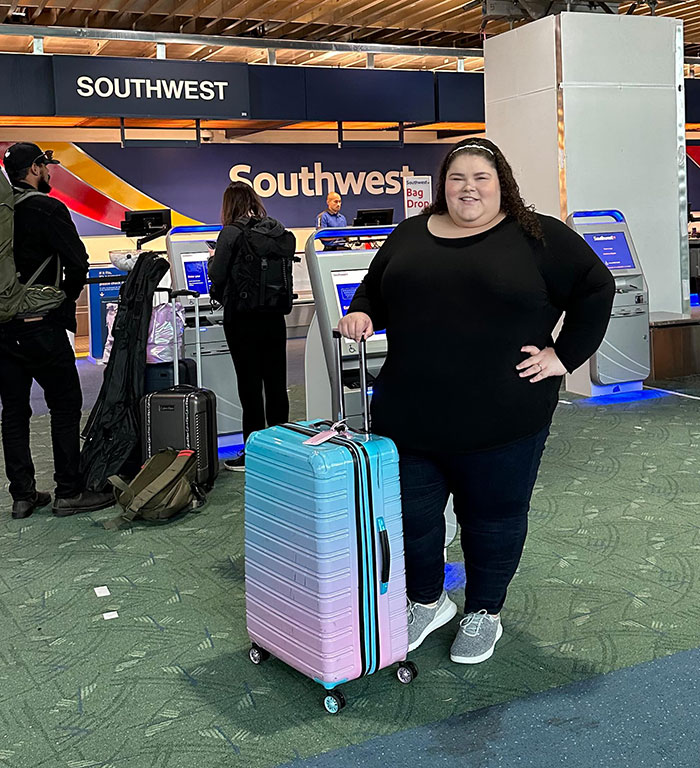Amal Clooney, a prominent international human rights lawyer, has recently drawn global attention due to her participation in a panel of legal experts convened by the International Criminal Court (ICC). The panel reviewed arrest warrant applications related to the ongoing Israel-Hamas conflict, which has sparked international legal, diplomatic, and political debate.
Clooney’s involvement, along with other leading international legal experts, has raised questions about whether those contributing to the ICC’s legal investigations could face diplomatic or policy consequences, particularly in countries that do not recognize the ICC’s jurisdiction—such as the United States and Israel.
ICC Investigation and Amal Clooney’s Involvement
In January 2024, ICC Prosecutor Karim Khan KC formed a panel of eight legal and academic professionals to independently review evidence collected in the Court’s investigation of the conflict between Israel and Hamas. The panel included renowned experts such as:
- Amal Clooney, human rights barrister and co-founder of the Clooney Foundation for Justice
- Danny Friedman KC, barrister at Matrix Chambers
- Baroness Helena Kennedy, member of the UK House of Lords
- Judge Theodor Meron CMG, former President of the International Criminal Tribunal for the former Yugoslavia
- Elizabeth Wilmshurst CMG KC, former UK Foreign Office legal adviser
- Lord Justice Adrian Fulford, former judge of the Court of Appeal of England and Wales
The panel’s role was to assess whether the evidence submitted by the Prosecutor justified the application for arrest warrants under the Rome Statute, the treaty that established the ICC.
Source: ICC – Office of the Prosecutor
Legal Findings and Joint Statement
On May 20, 2024, the panel released a joint legal statement published by the Financial Times, in which the members unanimously concluded that there was sufficient evidence to support charges for crimes within the ICC’s jurisdiction, including war crimes and crimes against humanity. The findings were part of a formal legal review, not a policy statement, and were addressed to the ICC judges, who hold the ultimate authority to issue arrest warrants.
The statement emphasized the independence of the ICC and the importance of the legal process in addressing violations of international humanitarian law:
“We are united in our support for the rule of law and the protection of civilian lives. The ICC exists to ensure accountability, and the legal process must be respected,” the panel stated.
Arrest Warrants and Political Reactions
In November 2024, based on the findings reviewed by Clooney and her colleagues, the ICC issued arrest warrants for five individuals:
- Benjamin Netanyahu, Prime Minister of Israel
- Yoav Gallant, former Israeli Defense Minister
- Yahya Sinwar, Mohammed Deif, and Ismail Haniyeh, senior leaders of Hamas (the latter three have since died)
These warrants relate to alleged crimes committed during the escalation of the Israel-Gaza conflict. The charges are currently under legal review, and the ICC has clarified that arrest warrants do not equate to guilt but are part of the judicial process.
Source: International Criminal Court – Press Releases
Israel and the United States are not parties to the Rome Statute and do not recognize the ICC’s jurisdiction over their nationals. Israel rejected the ICC charges as “legally baseless,” and U.S. officials, including those from the Trump administration, expressed strong opposition.

U.S. Sanctions and Potential Implications
In February 2025, U.S. President Donald Trump signed an executive order authorizing sanctions against ICC personnel involved in investigations that the U.S. government views as politically motivated or inconsistent with national interests. The order authorized:
- Asset freezes
- Travel bans to the United States
- Suspension of business dealings with sanctioned individuals
Karim Khan, the ICC prosecutor, was sanctioned under this order for his involvement in the Israel investigation. The executive order also called for recommendations regarding other individuals who may be subject to additional measures. A 60-day review period for recommendations ended on April 7, 2025.
No official confirmation has been made by the U.S. government regarding any sanction or entry ban directed specifically at Amal Clooney or the other panel members. As of May 2025, Amal Clooney has not been publicly sanctioned, and no U.S. agency has issued a formal statement regarding any travel or visa restrictions against her.
Source: U.S. Federal Register – Executive Orders on Sanctions
Public and Legal Community Responses
The prospect of legal experts facing restrictions for participating in international legal proceedings has generated concern among human rights organizations, legal associations, and academic institutions. Many have called for the preservation of judicial independence and freedom of legal counsel in matters of international justice.
Clooney, who also serves as an adjunct professor at Columbia Law School and has previously advised the United Nations and International Court of Justice, responded with a personal statement published on the Clooney Foundation for Justice website.
“I served on this Panel because I believe in the rule of law and the need to protect civilian lives,” she wrote. “No one should be above the law, and no conflict should be beyond the reach of legal accountability.”
Source: Clooney Foundation for Justice
Clooney emphasized that international humanitarian law, including the Geneva Conventions, has evolved over a century and must apply equally to all parties involved in armed conflict.

Legal Context: ICC Jurisdiction and International Law
The ICC operates independently under the Rome Statute, which entered into force in 2002. Over 120 countries are parties to the treaty, including many European nations and Canada. The United States and Israel signed the treaty but later withdrew their support.
The ICC has jurisdiction to prosecute crimes of:
- Genocide
- Crimes against humanity
- War crimes
- Crimes of aggression
Under international law, individuals—including heads of state—can be held accountable if sufficient evidence is presented and approved by the court’s judges.
Source: Rome Statute of the ICC
Amal Clooney’s Career in Human Rights Law
Amal Clooney has built an international reputation for representing victims of human rights abuses and war crimes. She has worked on cases before:
- The International Criminal Court
- The European Court of Human Rights
- The International Court of Justice
Clooney is co-founder of the Clooney Foundation for Justice, which promotes accountability for human rights violations through legal advocacy, court monitoring, and legal assistance for survivors.
Conclusion
While legal proceedings before the International Criminal Court continue to unfold, Amal Clooney’s role on the expert panel underscores her commitment to international justice and the legal process. There has been no official confirmation from U.S. authorities regarding any sanctions or travel bans affecting her.
As public and legal discourse continues, this case raises important questions about the intersection of international law, diplomatic policy, and the rights of legal professionals operating across jurisdictions.
Verified Sources:
- International Criminal Court
- U.S. Department of State – Policy Statements
- Clooney Foundation for Justice
- Rome Statute of the ICC
- Financial Times – ICC Panel Statement (May 20, 2024)
- U.S. Federal Register – Executive Orders




